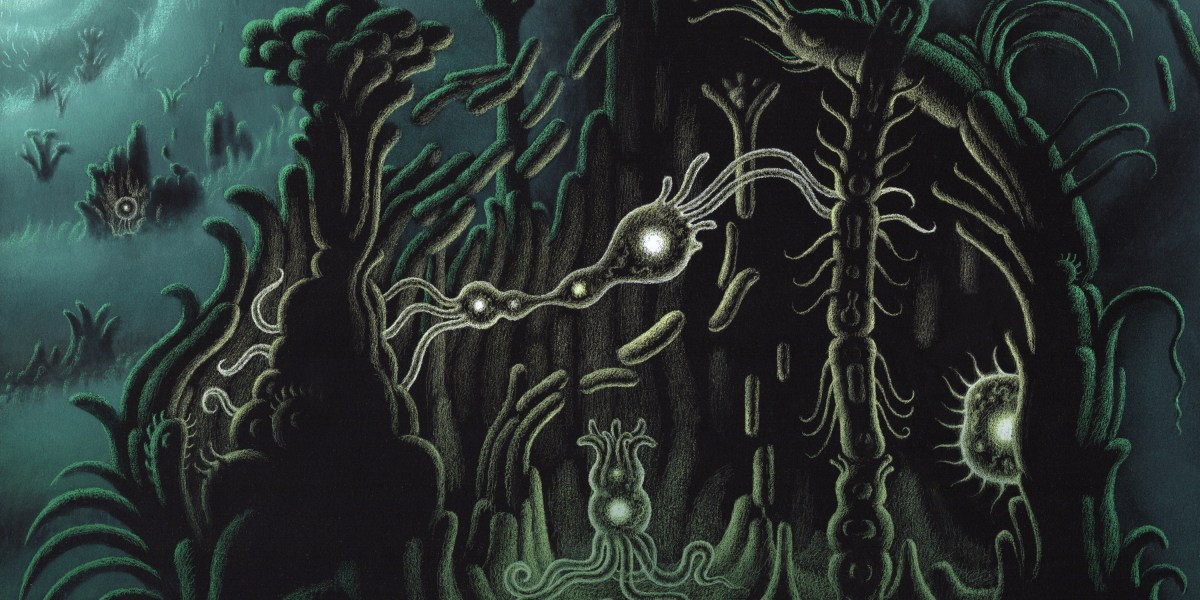
Over the last couple of decades, scientists have come to realize just how important the microbes that crawl all over us are to our health. But some believe our microbiomes are in crisis—casualties of an increasingly sanitized way of life. Disturbances in the collections of microbes we host have been associated with a whole host of diseases, ranging from arthritis to Alzheimer’s.
Some might not be completely gone, though. Scientists believe many might still be hiding inside the intestines of people who don’t live in the polluted, processed environment that most of the rest of us share. They’ve been studying the feces of people like the Yanomami, an Indigenous group in the Amazon, who appear to still have some of the microbes that other people have lost.
But there is a major catch: we don’t know whether those in hunter-gatherer societies really do have “healthier” microbiomes—and if they do, whether the benefits could be shared with others. At the same time, members of the communities being studied are concerned about the risk of what’s called biopiracy—taking natural resources from poorer countries for the benefit of wealthier ones. Read the full story.
—Jessica Hamzelou
Eric Schmidt has a 6-point plan for fighting election misinformation
—by Eric Schmidt, formerly the CEO of Google, and current cofounder of philanthropic initiative Schmidt Futures
The coming year will be one of seismic political shifts. Over 4 billion people will head to the polls in countries including the United States, Taiwan, India, and Indonesia, making 2024 the biggest election year in history.
